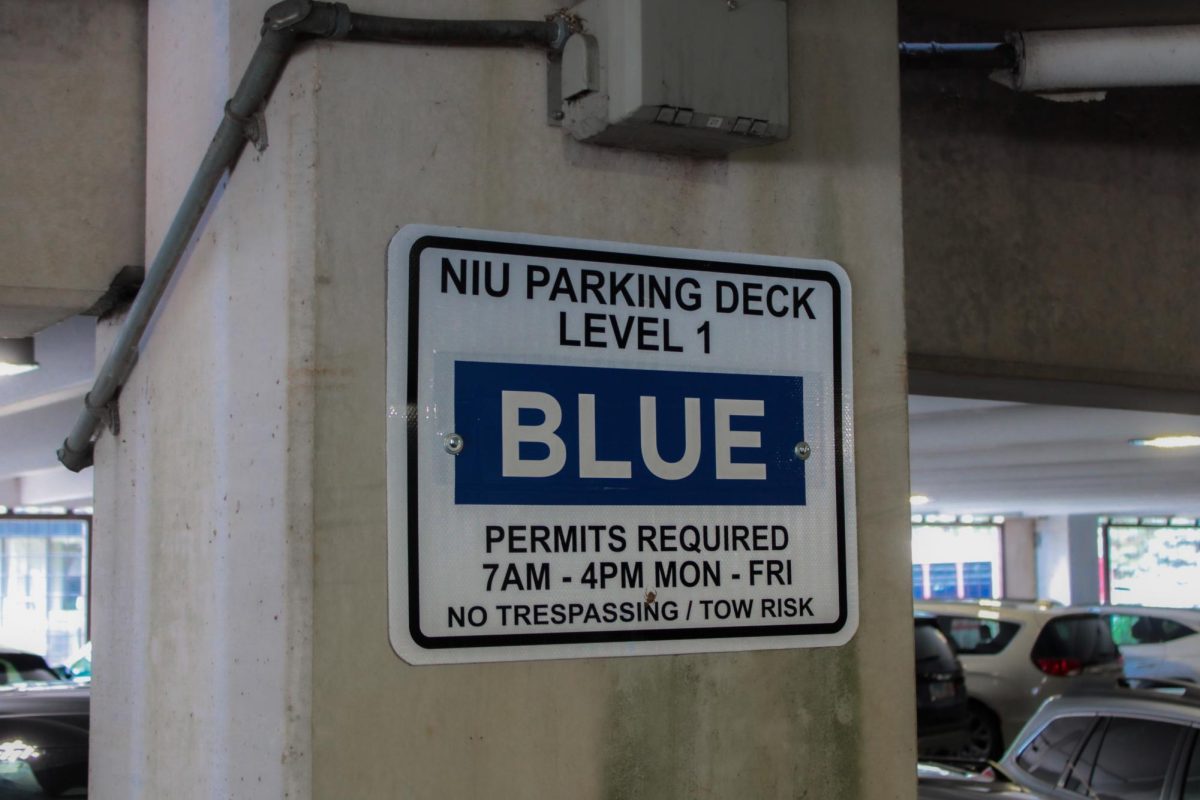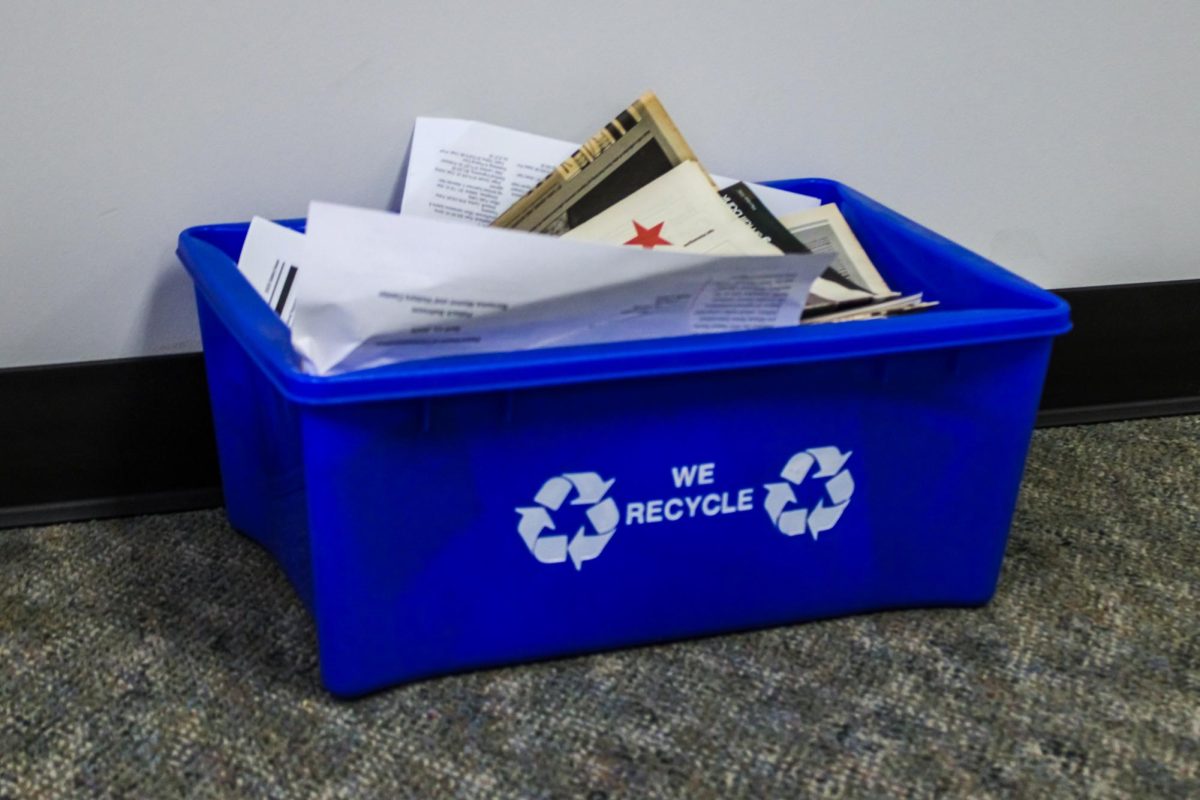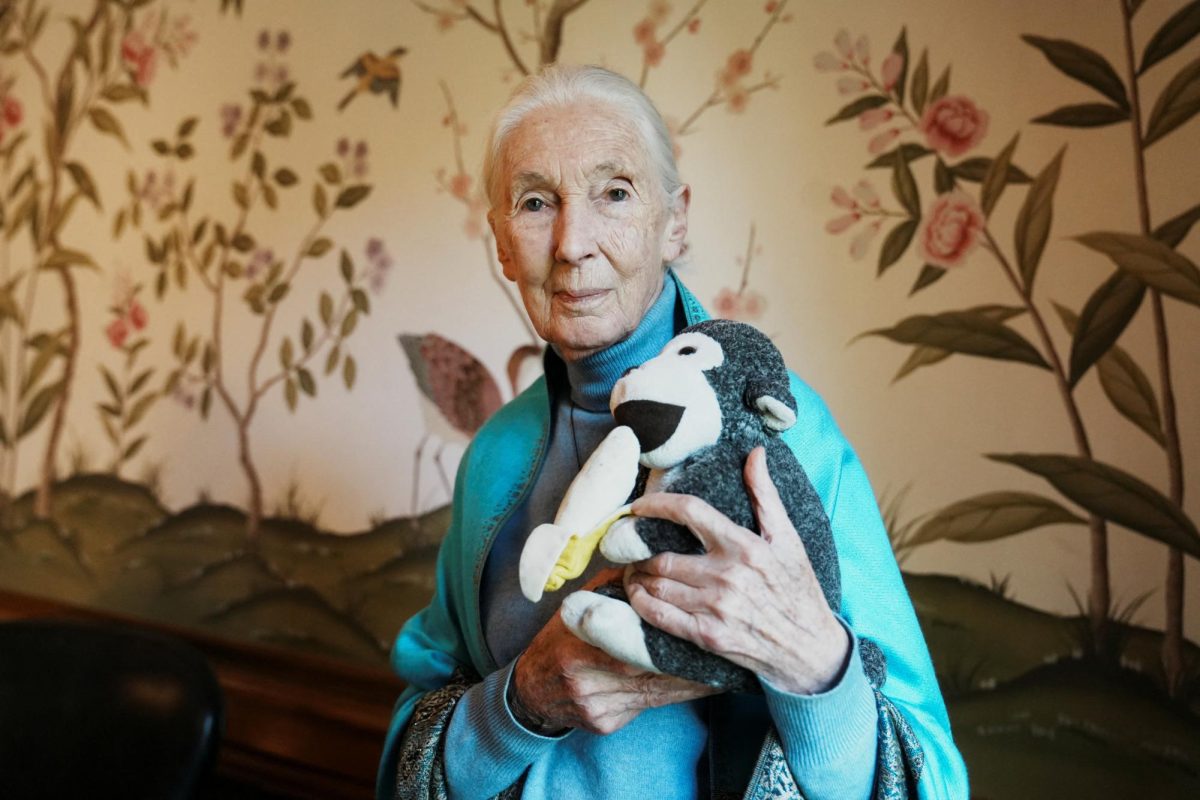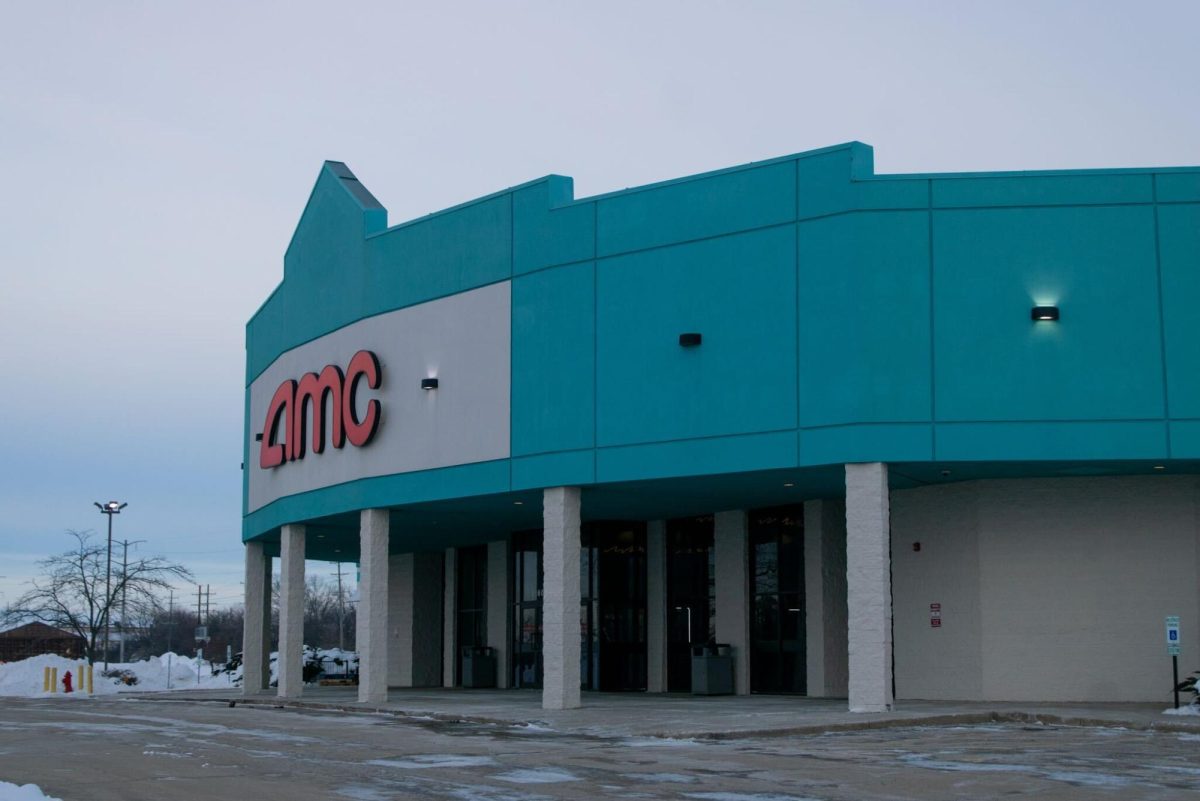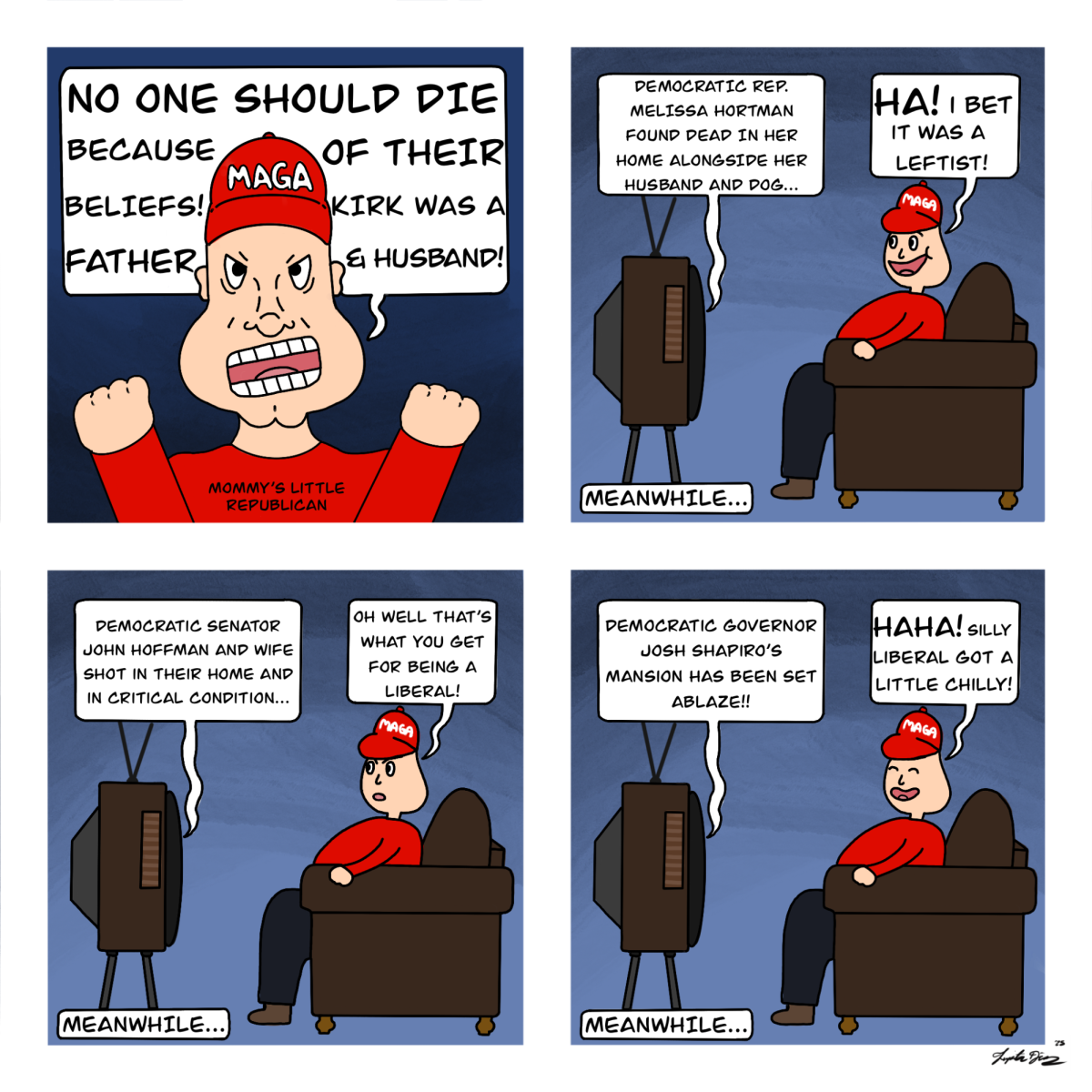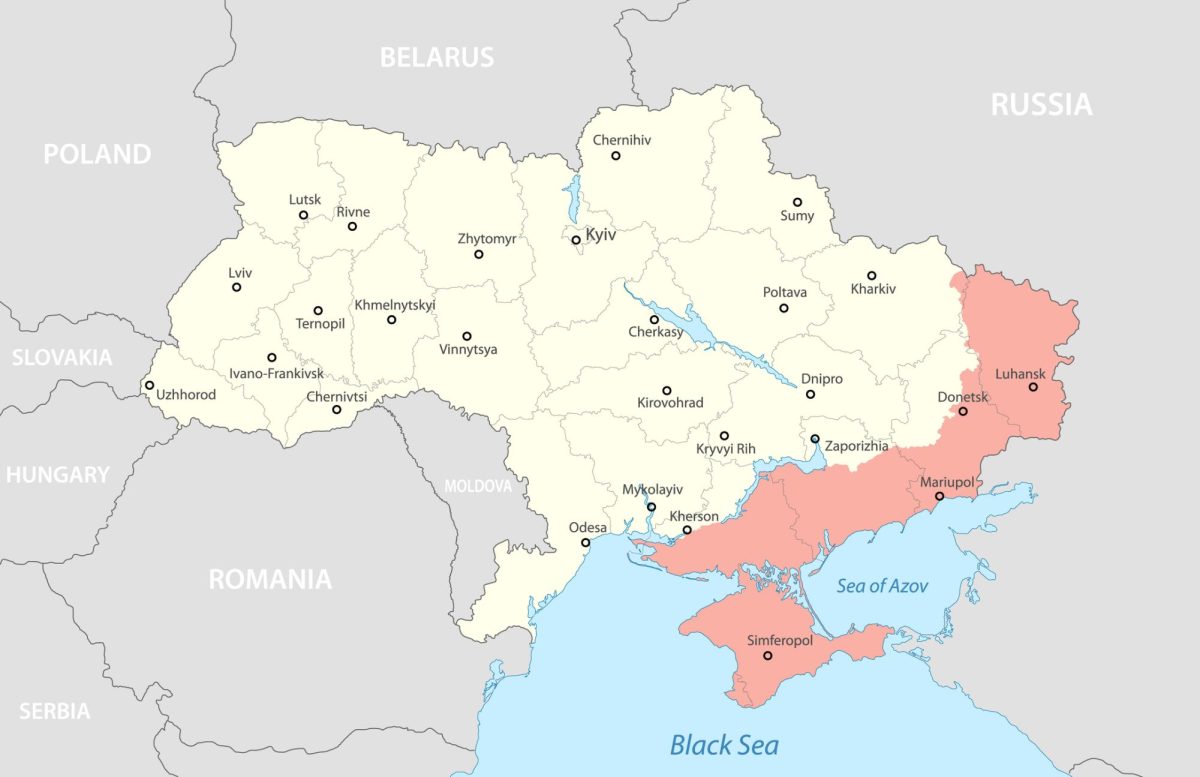Whenever I am asked why I became an English major, I tell the same story.
During middle school, I was tasked with writing the first chapter of a novel for a project. I had recently seen the Disney animated movie “Atlantis” and chose to use it as inspiration for a brief story about a submarine crew charged with surveying the depths of the ocean.
I spent considerably more time on this assignment than any other school project up until this point, primarily because I found the work enjoyable. This assignment was so fun that I was excited to present it to the class for once.
I received a lot of praise for my work, and one classmate even asked me to tell him if I ever published a book in the future.
I rode this high for a few days but ended up focusing more on math and science all the way into my first year in college. Picking up the pen once more was hard after my triumphant middle school debut; I wasn’t sure how to write the rest of the story without it feeling silly, and as I reached the age where I was expected to have a future career in mind, I was encouraged to pick one that paid well.
Having little confidence in my chances as an author, I decided to major in engineering, and told everyone that I found it “interesting,” that I chose it because my dad was also an engineer and because I wanted to “make a difference in the world.” This never felt genuine, and I became dissatisfied during my first year in college. I didn’t like math or physics. I had no idea what field of engineering I wanted to focus on. I started to ask myself, “Do I want to do this for the rest of my life?”
As my first year of college progressed, I began to constantly daydream and occasionally write notes on story ideas. These actions only intensified a distracting lack of purpose in college.
One day, I realized I simply didn’t want to become an engineer. Some time after that, I decided that it was in my best interests to switch majors.
I was still worried about how my family would react and how my education would be affected. So much time had already been dedicated to an unwanted career, and by this point, many people around me thought I was determined to become an engineer.
It was nerve-wracking, but I finally worked up the courage to tell my dad that I didn’t want to continue majoring in engineering. To my surprise, he didn’t offer much resistance, only asking if I was sure about my choice. My mom was more skeptical, but she ultimately accepted it too.
Majoring in English has been different from what I expected. While I have greatly enjoyed my fiction writing classes, I have also been required to attend classes for different types of writing that I have less interest in.
Changing majors did not immediately resolve all the issues that kept me from writing. I still have doubts about myself; not whether I chose the wrong career, but if I am not good enough to do it. Procrastination and time management are issues for me; I want to relax, I want to contribute to society in some way, I want to finish all my schoolwork, I want to graduate with good grades and I want to write, but writing often must take a backseat.
A common issue for fiction writers also plagues me; my stories are better in my head than on paper, and losing that magic makes it difficult to want to continue writing. I try to find ways to counter this feeling, but the desire for perfection hinders me at the same time.
Despite all this, I can say with confidence that I am happier now than when I was working toward a degree I didn’t want. I know what I want to accomplish, and that is enough for me to keep pushing through the challenges I face.
Being honest with myself was tough because I was afraid of how people would react after I started changing, and I was concerned about what I was losing out on as well. But even if I don’t make some world-changing invention or have a large and stable salary, I’m still going to become an author despite the potential for failure because it’s better than an aimless existence for the sake of money.



